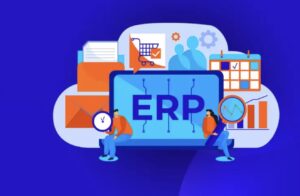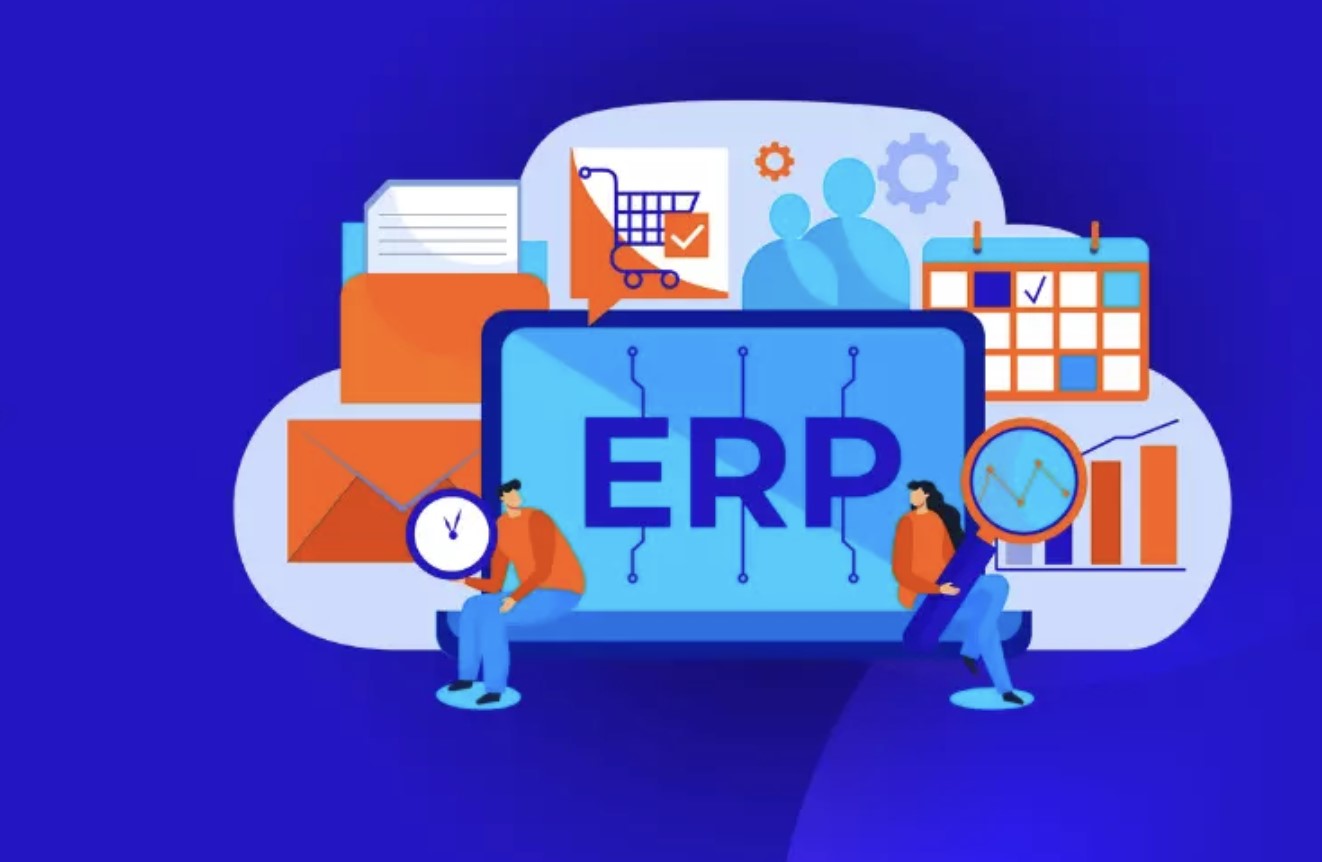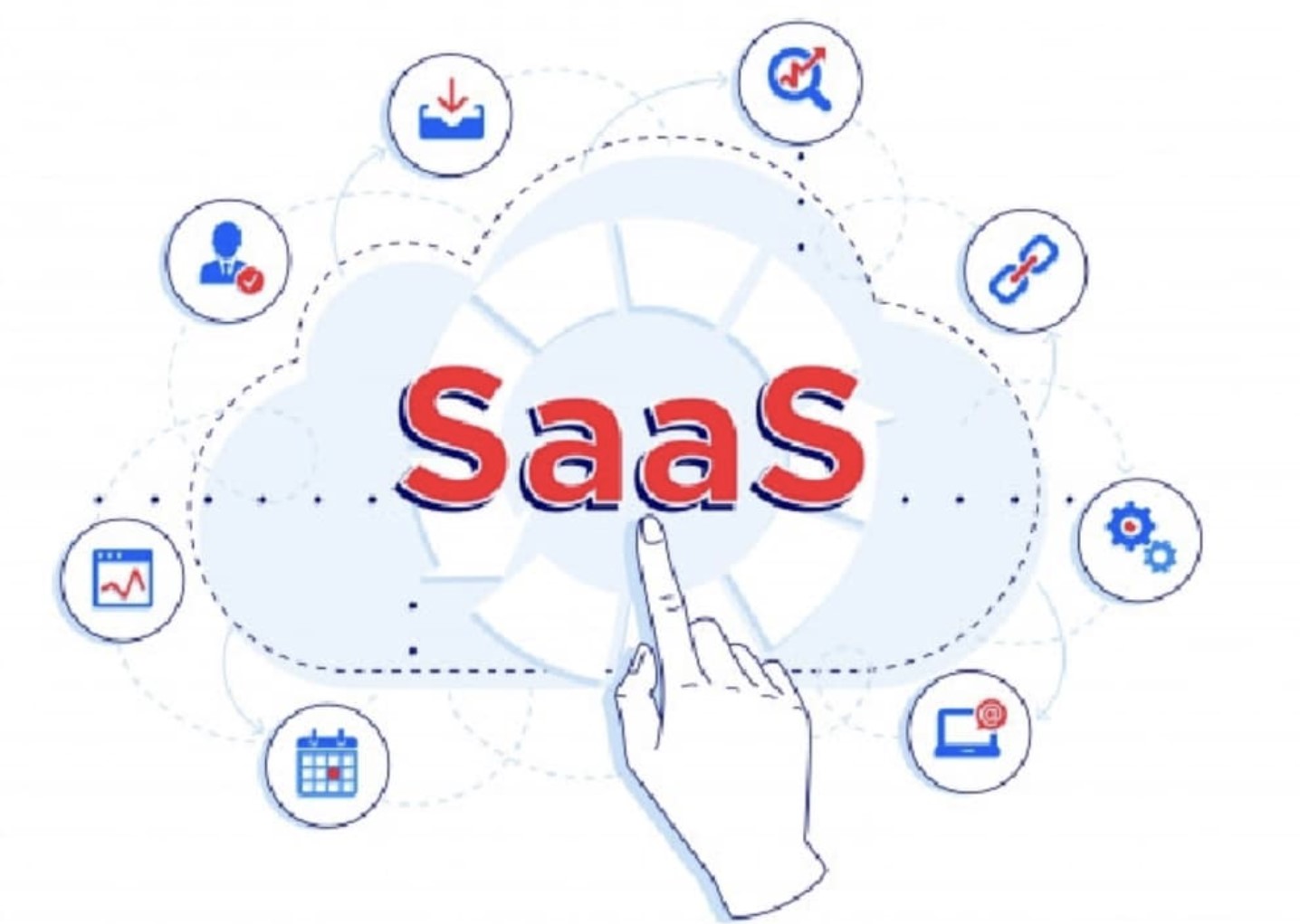In today’s dynamic business environment, companies are constantly seeking ways to enhance efficiency, streamline operations, and make data-driven decisions. Enterprise Resource Planning (ERP) systems play a crucial role in achieving these objectives. Essentially, ERP systems are integrated software solutions designed to manage and automate core business processes such as finance, human resources, inventory, supply chain, and more.

Key Features of ERP Systems
ERP systems offer a myriad of features that empower organizations to optimize their operations. One of the key aspects is the integration of various business processes into a single platform, eliminating silos and enhancing collaboration among departments. Additionally, ERP systems provide robust data management capabilities, ensuring accurate and real-time information for informed decision-making. Moreover, these systems often offer customization options to tailor the software to specific business needs and requirements
- Integration of Business Processes: ERP systems integrate various business processes across departments into a unified platform, promoting seamless communication and collaboration.
- Data Management: These systems offer robust data management capabilities, ensuring the accuracy, consistency, and security of business data. They enable real-time access to information, facilitating informed decision-making.
- Customization Options: ERP systems provide customization options to tailor the software according to the specific needs and requirements of individual businesses. This flexibility allows organizations to adapt the system to their unique workflows and processes.
Top ERP Systems in the Market
Several ERP vendors dominate the market, each offering unique strengths and capabilities. Some of the top ERP systems include SAP ERP, known for its comprehensive suite of modules and extensive industry coverage. Oracle ERP Cloud is another prominent player, offering scalable solutions with advanced analytics capabilities. Microsoft Dynamics 365 is highly regarded for its seamless integration with other Microsoft products and flexibility. NetSuite ERP stands out for its cloud-based platform and ease of use.
- SAP ERP: SAP ERP is one of the most widely used and comprehensive ERP solutions available. It offers a wide range of modules covering various business functions such as finance, human resources, supply chain management, and more. SAP ERP is known for its scalability, flexibility, and industry-specific functionalities, making it suitable for large enterprises across diverse sectors.
- Oracle ERP Cloud: Oracle ERP Cloud is a leading cloud-based ERP solution known for its robust features and advanced capabilities. It offers a suite of integrated applications for financial management, procurement, project management, and more. Oracle ERP Cloud provides scalability, security, and real-time insights, empowering businesses to streamline operations and drive growth.
- Microsoft Dynamics 365: Microsoft Dynamics 365 is a popular ERP solution that seamlessly integrates with other Microsoft products such as Office 365 and Azure. It offers modules for finance, sales, marketing, customer service, and operations, providing businesses with a unified platform for managing their operations. Microsoft Dynamics 365 is known for its user-friendly interface, flexibility, and scalability, making it ideal for small to medium-sized businesses.
Comparison of ERP Systems
When selecting an ERP system, organizations must consider various factors such as cost, scalability, and industry focus. While SAP ERP and Oracle ERP Cloud may have higher initial costs, they offer extensive functionality suitable for large enterprises. In contrast, Microsoft Dynamics 365 and NetSuite ERP are more affordable options with flexible pricing models, making them ideal for small to medium-sized businesses.
- SAP ERP: SAP ERP is known for its high initial investment due to licensing fees, implementation costs, and customization expenses. However, it offers comprehensive functionalities suitable for large enterprises.
- Oracle ERP Cloud: Oracle ERP Cloud typically involves lower upfront costs compared to SAP ERP, as it is a cloud-based solution with subscription-based pricing. However, long-term costs may vary depending on usage and additional modules.
- Microsoft Dynamics 365: Microsoft Dynamics 365 offers flexible pricing options, including subscription-based pricing and pay-as-you-go models. It caters to businesses of all sizes, making it a cost-effective option for small to medium-sized enterprises.
Benefits of Using ERP Systems
The adoption of ERP systems brings numerous benefits to organizations. By streamlining operations and automating repetitive tasks, businesses can achieve higher productivity and cost savings. Moreover, ERP systems provide valuable insights through data analytics, enabling better decision-making and strategic planning. Additionally, these systems improve efficiency by eliminating manual processes and reducing errors.
Challenges of Implementing ERP Systems
Despite their benefits, implementing ERP systems can be a complex and challenging endeavor. One of the main hurdles is the high initial costs associated with licensing, customization, and training. Furthermore, resistance to change from employees accustomed to legacy systems can hinder adoption. Data migration issues are also common during the transition to a new ERP system, potentially causing disruptions to business operations.
Tips for Choosing the Right ERP System
To ensure a successful ERP implementation, organizations should carefully evaluate their needs and requirements. Conducting a thorough assessment of existing processes and identifying areas for improvement is essential. Scalability and flexibility are crucial considerations, as the chosen ERP system should be able to grow with the business. Additionally, opting for a user-friendly interface and intuitive design can facilitate user adoption and reduce training time.
Case Studies: Successful Implementation of ERP Systems
Several companies have experienced significant improvements in their operations following the successful implementation of ERP systems. For instance, Company A witnessed a notable increase in productivity and efficiency after deploying SAP ERP, enabling seamless collaboration across departments. Company B achieved improved inventory management and cost control with the implementation of Oracle ERP Cloud, resulting in better inventory turnover and reduced carrying costs.
Future Trends in ERP Systems
Looking ahead, the future of ERP systems is marked by exciting technological advancements. Integration of artificial intelligence (AI) and machine learning capabilities promises to enhance automation and decision-making processes further. Cloud-based solutions are expected to become increasingly popular, offering greater flexibility and accessibility. Moreover, the rise of mobile ERP applications enables users to access critical business information anytime, anywhere, enhancing productivity and collaboration.
Conclusion
In conclusion, ERP systems are indispensable tools for modern businesses seeking to streamline operations, improve efficiency, and drive growth. By selecting the right ERP system and overcoming implementation challenges, organizations can unlock a wealth of benefits and stay ahead of the competition in today’s fast-paced marketplace.



